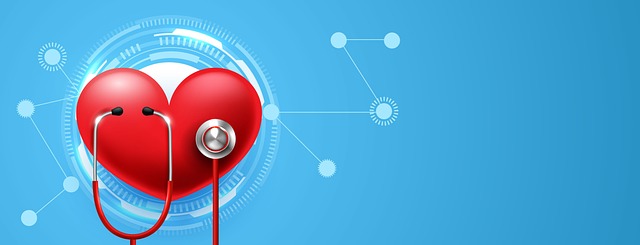Heart Failure: Silent Red Flags That May Surprise You
Your body can sometimes give early clues of developing heart problems. Subtle changes such as unusual fatigue or mild chest discomfort may appear days or even weeks in advance, yet are often overlooked. Learning to recognize these signals can support timely care and help maintain better heart health.

What Are the Most Common Early Warning Signs of Heart Problems?
Heart problems can manifest in various ways, and some early warning signs are often overlooked. Fatigue and weakness, especially when they persist or worsen over time, can be indicators of heart issues. Shortness of breath, particularly during light activities or when lying down, is another common sign that shouldn’t be ignored. Swelling in the legs, ankles, or feet, known as edema, can also signal that the heart is not pumping efficiently. Irregular heartbeats or palpitations, while sometimes benign, can be early indicators of more serious heart conditions if they occur frequently or are accompanied by other symptoms.
How Does Your Body Signal Serious Heart Risk?
Your body has various ways of signaling that your heart may be at risk. Unexplained weight gain, especially if it’s rapid, can be a sign of fluid retention due to heart failure. Persistent coughing or wheezing, particularly when lying down, may indicate fluid buildup in the lungs due to heart problems. Nausea or lack of appetite can also be surprising signals of heart distress, as the digestive system may receive less blood flow when the heart is struggling. Additionally, changes in skin color, such as a blue tint to the lips, fingers, or toes (cyanosis), can indicate poor circulation and oxygen delivery, potentially due to heart issues.
What Physical Changes Should Never Be Ignored?
Certain physical changes warrant immediate attention and should never be dismissed. Sudden, severe headaches, especially if accompanied by confusion or vision changes, could signal high blood pressure or even a stroke. Unexplained pain or discomfort in the jaw, neck, throat, or back, particularly if it occurs during physical activity or stress, may be a sign of heart disease. Changes in exercise tolerance, such as becoming unusually winded during routine activities, should also raise concern. Lastly, persistent dizziness or lightheadedness, especially when changing positions, could indicate problems with heart rhythm or blood flow.
When Should You Seek Immediate Medical Help?
While some symptoms may develop gradually, certain signs require immediate medical attention. Chest pain or pressure, especially if it radiates to the arm, jaw, or back, should prompt an immediate call to emergency services. Sudden shortness of breath or difficulty breathing, particularly if accompanied by chest discomfort, is another critical warning sign. Fainting or near-fainting episodes, especially during physical exertion, warrant urgent medical evaluation. Additionally, if you experience a combination of symptoms such as nausea, cold sweats, and lightheadedness along with chest discomfort, don’t hesitate to seek emergency care.
What Preventive Measures Can Reduce Heart Attack Risk?
Prevention is key in managing heart health and reducing the risk of heart attacks. Regular exercise, aiming for at least 150 minutes of moderate-intensity aerobic activity per week, can significantly improve heart health. Maintaining a balanced diet rich in fruits, vegetables, whole grains, and lean proteins while limiting saturated fats and sodium is crucial. Quitting smoking and limiting alcohol consumption are also vital steps in protecting your heart. Managing stress through relaxation techniques, adequate sleep, and social connections can further reduce heart attack risk. Regular check-ups with your healthcare provider, including monitoring blood pressure, cholesterol levels, and blood sugar, are essential for early detection and management of potential heart issues.
Heart disease treatment has advanced significantly in recent years, offering new hope for those at risk or already diagnosed with heart conditions. From medication management to innovative surgical procedures, the options for treating heart disease have expanded. However, the most effective approach to heart health remains a combination of early detection, lifestyle modifications, and appropriate medical intervention when necessary.
This article is for informational purposes only and should not be considered medical advice. Please consult a qualified healthcare professional for personalized guidance and treatment.




